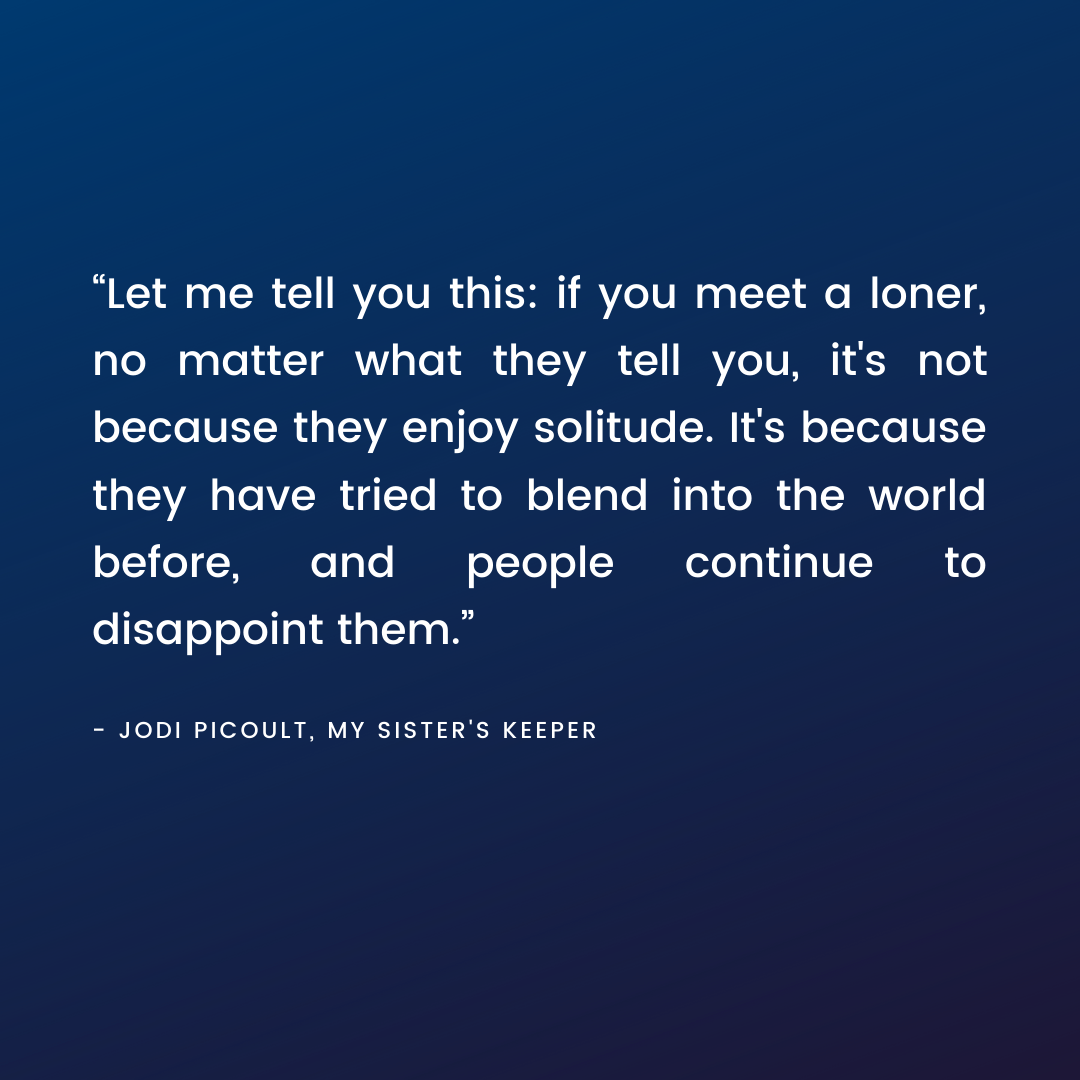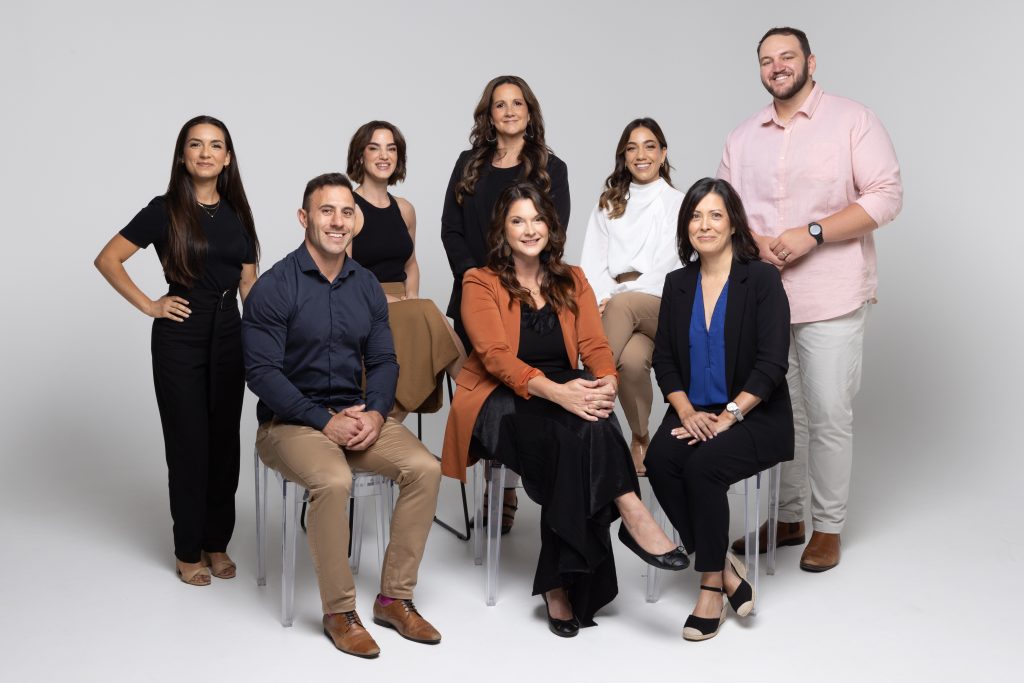Long before Covid-19 forced an artificial isolation on me, loneliness has been my companion. I became aware of this loneliness when surrounded by the men I had spent time with during the last thirty years. The irony of this did not go unnoticed – being lonely in a crowd is part self-choice, part self-defence. I kept telling myself that I chose this path of solitude but if truth be told, it chose me. And until I surrendered to it, the fear of being isolated was worse than the actual reality. The French philosopher, Jean-Paul Sartre, in his delightfully under-stated way once said “if you’re lonely when you’re alone, you’re in bad company”.
I have spent most of my adult life surrounded by alpha males in elite/professional sport circles. It is a unique ecosystem inhabited by men who would do anything to ‘belong’, sometimes decades after they stopped being gladiators themselves. I am acutely aware of this legacy system because I am very much a case study in poacher turned gamekeeper. Athlete no more (never was?) but I now work in the industry as a mentor/educator. Scarier still is my role as the parent of teenagers who aspire to becoming elite athletes. Why scary, I hear you ask?
I spent years immersed in that environment, loving the adrenaline rush but nonetheless always harbouring this sense of unease, this sense of awkwardness like a baby zebra taking its first steps. You are surrounded by the herd, by graceful creatures who blend into each other but it must be disconcerting to feel that your every mis-step singles you out to predators lurking in the tall grass. The only way to survive is to lose that awkward, faltering gait and run with the herd as soon as you can. Anonymity is your friend. The safest way to be a zebra is to be anonymous, to be in the middle of the herd. You surrender your personal identity in return for the safety of the herd. It was a trade-off that I haven’t been able to reconcile to this day. Cognitive Dissonance became my silent friend.
The problem with silence is that it eventually becomes a deafening roar that I found increasingly difficult to ignore. I identified strongly with being my (metaphorical) sister’s keeper but I was also acutely aware that self-isolating from the herd was to choose a path of solitude. This is the point at which loneliness chose me. It was never going to be much fun but you soon learn to laugh at your own jokes!
Not long after, I was at a sports awards night, sitting at a table with some of my oldest companions from dressing-rooms and battlefields past. It would follow a predictable pattern of idle gossip before the beers kicked in and we started recounting stories from wars we never fought.
The early exchanges were all about asking each other about our teenage children’s lives, marvelling at how much they had grown. I couldn’t help but wonder if we had actually “grown” but I didn’t have long to wait until the pleasantries were dispensed with and the waitress took the drink orders. Watching fifty year old men flirt with waitresses who were young enough to be paying off HECS debts was sad enough until the DJ unwittingly played Springsteen’s Glory Days, a lament for past sporting glories real or imagined.
The young waitress was barely out of earshot when the inevitable comments followed. “I reckon 10 is better than 8, no I prefer 5, she’s hotter than 6 blah blah blah”. The numbers were a none-too-cryptic reference to the table numbers that each waitress had been assigned to. They all had visible name tags but it was de rigeur in those circles to refer to numbers rather than names. They became mere numbers and objects for cheap sexualised ratings, not people in their own right working to pay bills.
The references to numbers were prefaced or bookended by descriptions like “good sort, good thing, high quality, top notch” which almost sounded like they were discussing which cut of meat to order from the steak menu. These conversations aren’t new – I have heard variants on the same theme since I entered the world of elite sport and it scared me that my son and my daughter were now in the same function room, learning (or learning to ignore it) by osmosis.
When the waitress arrived with the drinks, the stakes were raised. The older women at our table rolled their eyes despairingly but they had heard it all before so nothing was said to rein in the increasingly risqué dialogue. The looks on the waitresses faces said it all – been there, seen that, how long before the shift ends? Selective hearing must be their best defence I thought, ruefully contemplating whether to wait till she was out of earshot before pulling the rip cord.
Silence be damned – I knew this was going to be a suicide bombing mission but the prospect of social isolation had to be weighed against inevitable collateral damage to lifelong friendships. So I asked these blokes if they realised that we had only just finished talking about our own daughters and that these “numbers” could quite conceivably be any of them. Furthermore, I posed the hypothetical question about what they might be saying about us behind the kitchen doors. “You’re lucky Tia, you don’t have table 7. A bunch of creepy old blokes who were trying to hit on me with their wives looking on. They’re disgusting. I bet they’ve got kids older than us. Yuck”.
Unsurprisingly, the wolf pack turned on me, reminding me that this was not a “work seminar” (in reference to my work as a MATE facilitator) and that I had no right to call them out. If you can’t take a joke, stay home. It’s a free world, I can say what I like. Even the women at the table looked uncomfortable. I’m only guessing but their averted gazes made me wonder if they too agreed that this was not the time and the place to be calling out these behaviours. Makes you wonder doesn’t it – when is the right time? Is there ever a right time?
Ostracisation had begun a long time ago but this was a line in the sand moment that clearly defined that sense of loneliness I alluded to at the beginning of this blog. From that point on, I was inexorably excluded from those circles, never overtly but with the clear message that my presence would not be tolerated unless I parked my conscience. This has been the status quo now for a few years. We talk of herd immunity in this current pandemic climate – this was more herd impunity.
One of these men visited us in hospital just after my daughter was born but fourteen years later made a gratuitous sexual reference about her. When I reminded him that this was my daughter he was talking about, another member of the herd interjected with “bet she’s got a better sense of humour than her dad then.” This incident happened a week before the Covid-19 isolation measures were brought in but I was already ahead of the curve when it came to being quarantined.
The coronavirus hasn’t changed my social life all that much because it was made clear to me all those years ago that in this shallow cess-pool, swimming against the tide would be met with social isolation. The thing about isolation is that once you get over the pain, you begin to embrace the freedom. Initially it felt like a culling process but the irony of being isolated yet released was bitter-sweet.
To pretend that it doesn’t hurt is to lie to yourself but the alternative, like the harsh measures deployed to deal with pandemics, is to go all Donald Trump and call it “fake news”. His comment about “locker room banter” and his nonchalant dismissal of that issue might explain why America is now so ill-equipped to fight a virus that refuses to be beaten by denials and untruths.
So when I think of this long period of social isolation that many people find suffocating, I empathise but it doesn’t feel like that much of a change for me. If you believe in the overall mission (flattening the curve in this instance), then you soon learn that isolation ironically brings with it a certain sense of liberation.
Exclusion is often used as a tool to emasculate other men. They argue that because it’s a free world, their right to free speech supersedes anyone’s right to be offended It’s why many sporting club’s songs (war cries) contain lyrics that are demeaning and offensive to women. If you don’t like it, then clearly you don’t belong. I say this with some shame – for too long, my silence spoke volumes for my need to belong.
And then I remembered the famous Billy Joel anthem My Life. It reminded me that…I still belong. Don’t get me wrong. You can speak your mind but not on my time.
I still belong. You can isolate me but I still belong. I may not be much of “a man” but I still belong.
And later in the song, Joel learns to live with himself when he says… ah but sooner or later you sleep in your own space. Either way it’s ok, you wake up with yourself.
Who knows? I might even wake up to myself!
Michael Jeh is a MATE trainer/facilitator. He is a former first-class cricketer and Oxford Blue. He works with many professional sporting teams/athletes across broad gender equality/DV/respect issues.
Michael is hosting a webinar on this topic alongside fellow MATE facilitator, Stephen Hoskin on Wednesday 20 May – register here.


